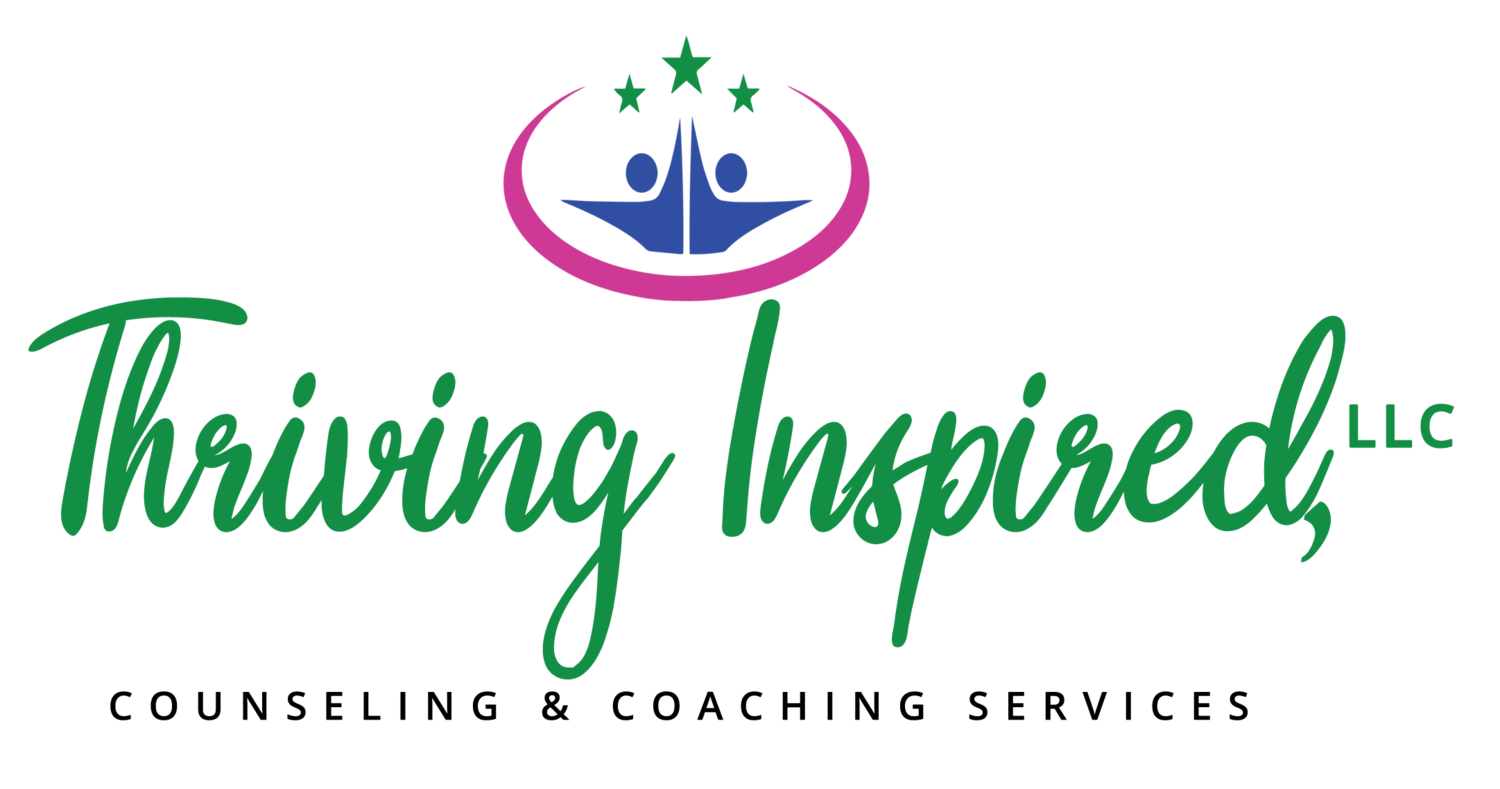Child Therapy in Lawrenceville, GA
Does my child need therapy? This is the question many parents ask when they are dealing with tantrums, meltdowns, and problematic behaviors.
Consider the amazing milestones that a child makes from birth to young adulthood. There are tremendous physical, neurological, cognitive, and emotional changes that occur in a relatively short time. A child is busy working on multiple developmental tasks at any given time. As if this process is not complex enough, consider the impact of factors such as medical issues, neurological differences, family conflicts, divorce and trauma, among other things. It’s little wonder that things can sometimes go awry. A child may experience increased distress during a challenging time. Often the issue is resolved, and they can “get back on track” relatively quickly. There are times however when professional help is necessary.
When Should My Child Start Therapy?
Therapy is recommended when a child is unable to get through most days without experiencing emotions that are overwhelming, or behaviors that indicate that they are not able to meet the demands of their environment. A key component of parent coaching is to evaluate whether those demands are developmentally appropriate. Intervening early increases the likelihood that the child will get through the difficult period with no long-term negative impacts. For example, a child who has difficulty maintaining focus in the classroom may not gain the academic foundation needed to be successful in later grades. Similarly, a child who has frequent anger outbursts towards peers will have a hard time maintaining friendships, and so reduce the opportunities to develop valuable social competence.
What is Child Therapy?
Therapy with children is grounded in the same theories used with adults, however interventions are delivered in a manner that is developmentally appropriate for the child client. Approaches include:
Talk Therapy
Other expressive modalities
The approach used is guided by the child's presenting concerns, cognitive development, and the therapeutic model that research indicates is most effective. Children are able to express themselves in a safe, supportive environment while gaining the skills needed to be successful.

